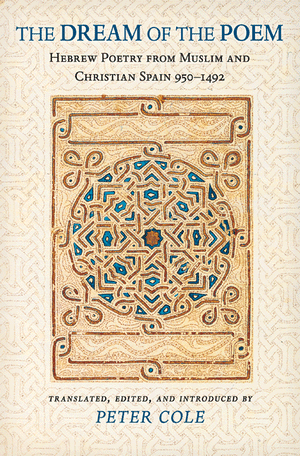Less than a week before Gabriel Josipovici gave his talk in London, the novelist Hilary Mantel gave a lecture called
Orpheus Speaks ahead of a production of Monteverdi's opera,
Orfeo. She appeared very briefly on BBC R4's
Start the Week to tell Andrew Marr about the famous myth and it interpretation down through the centuries. Mantel said she thought it was a profound myth about art itself but her talk would also be about how the myth affects us in our everyday life.
I want to talk about mourning, memory and the work of salvage, from the point of view of a writer who is deeply concerned both with retrieval of the personal past and with the work of bringing history 'back to life'. It is a universal human impulse to try to retrieve what is lost, to want to go back into the past and change it. But we create underworlds in our own lives, by the keeping of secrets and by consigning parts of our experience to the realm of the forgotten.
Few of the examples in Mantel's talk were revealed in advance but one was the story of Natascha Kampusch, which has also
inspired Peter Handke recently.
I don't how to find out, but I would like to know if Mantel used, or even knows of, Maurice Blanchot's short essay
The Gaze of Orpheus (in
The Space of Literature translated by Ann Smock). It is here that Josipovici's concluding question about the nature of our artistic freedom - whether the impulse to retrieve what is gone is pathological or whether it enables us to enter realms previously denied by deadening genre - takes the form of a dynamic paradox.
Blanchot begins with the simple fact that art allows a certain retrieval, what he calls "the harmony and accord of the first night". This we might characterise as the straightforward evocation of that which is lost. Orpheus, however, wants more. He wants Eurydice in her "nocturnal obscurity, in her distance ... when she is invisible". For Orpheus, "Eurydice is the furthest that art can reach. [...] She is the instant when the essence of night approaches as the
other night." He wants that other night.
The problem is that, despite being a supreme artist, Orpheus is not allowed to look at the essence of night. Eurydice is condemned to remain in the shade. When he turns towards her, he ruins his work. The gaze is the turn from the solidity of genre to the liquidity of freedom.
All the glory of his work, all the power of his art, and even the desire for a happy life in the lovely, clear light of day are sacrificed to this sole aim: to look in the night at what night hides, the other night, the dissimulation that appears.
This is why literary modernism so often concerns itself with failure, with desire for what is beyond art, sacrificing an easy omniscience for uncertainty and subjectivity. Not out of hatred for the world but out of respect.
For conservatives, happy with the daytime gifts of art, condemn Orpheus' gaze as a form of madness, of vanity, at least of impatience. We read
such criticism and contempt almost every day. Yet Blanchot says the ruining gaze is
necessary to the work.
To look at Eurydice, without regard to the song, in the impatience and imprudence of desire which forgets the law: that is inspiration.
In order for the work to live, it must renounce the guarantee of daytime success and instead forget the rules: "as if what we call the insignificant, the inessential, error, could, to one who accepts the risk and surrenders to it without restraint, reveal itself as the source of all authenticity." Such forgetfulness, however, has unexpected consequences:
Had [Orpheus] not looked at her, he would not have drawn her toward him; and doubtless she is not there, but in this glance back he himself is absent. He is no less dead than she - dead, not of that tranquil worldly death which is rest, silence, and end, but of that other death which is death without end, the ordeal of the end's absence.
The artist, by embracing failure, is still condemned to eternal separation from what inspired the work. And to protect itself, the work demands the refusal of the ruining gaze even though that is its origin. How familiar is this experience for the artist: the completion of the work depending on a betrayal of its inspiration, an inspiration that remains embedded, nagging away, awaiting a new work? That betrayal is founded upon turning away from the work's origin.
Before the most convincing masterpiece, where the brilliance and resolution of the beginning shine, it can also happen that we confront something extinguished.
But this is inevitable. "Writing begins" Blanchot says at the end of the essay, "with Orpheus' gaze". To write, one must be impatient, but "impatience must be the core of profound patience"; "To write, one has to write already."
When Gabriel Josipovici asked his very modernist question at the end of his lecture, the answer became the space opened by the question just as writing opens a space to write in Blanchot's paradox. And like Blanchot's essay, it is not itself art. At least, it isn't our notion of art. It merely enables a sharper awareness of where the art we might need might be. But the same could be said for the myth of Orpheus. It is not Orpheus' song. We don't hear the beautiful sound of his voice lamenting Eurydice's absence. The myth is a story about song, a story about stories. Writing about writing. In this way, it is a very modernist myth.

